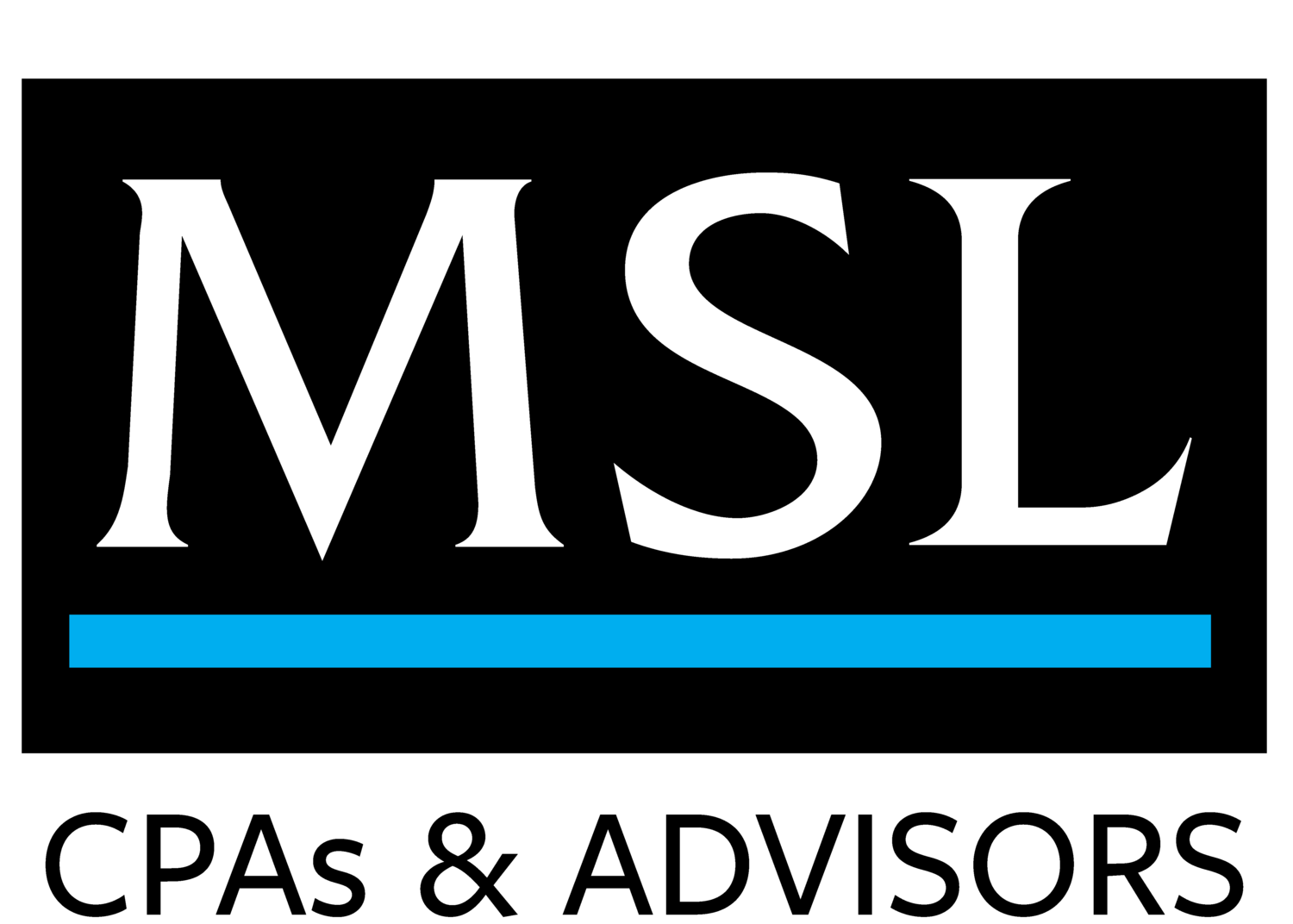Hurricane Season Financial Tips
/The hurricane season is quickly approaching. This year could prove exceptional given the impact the Coronavirus will have not only on your facilities, residents, and family members, but also the general state of the economy and time lines for safely resuming operations. We want to make sure everyone is way ahead of the curve this year so here is our annual reminder for our long-term care friends of the more important financial issues in dealing with disasters:
Cash is King:
When a major storm is imminent, ensure sufficient cash is on hand with several key staff members or department heads so they can adequately perform their necessary functions. Credit/debit cards don’t work well in a world without power.
Documentation:
Make sure your office manager keeps an accurate account of expenditures for hurricane-related costs and tracks all receipts during and after the disaster, especially when cash is involved. It’s easy to lose control of cash flows during and after a disaster and, unfortunately, some people take advantage of poor oversight when they think no one is looking.
Secure your records:
In order to preserve important financial history and support claims for insurance, tax and reimbursement, consider offsite storage of critical records. At a minimum, 10 years of financial statements and 7 years of tax returns and general ledgers should be in a secure, storm and flood-proof location. In addition to paper documentation, it is critical that appropriate back-up be performed on information stored on your third-party computer systems. Too often, we find that backups thought to be good, fail when needed. In addition, if you rely on a third-party for storing information, it is a good idea to ensure they have proper procedures in place (and adequate insurance if they fail in their responsibilities).
Program billing:
Placements of 30 days or less are generally considered temporary. If temporary, the transferring facility continues to bill and should pay for the services rendered by the receiving facility. If the transfer is permanent, the receiving facility should bill for services. Providers should act now to ensure their transfer agreements with other facilities are up-to-date and executed properly to avoid any problems during a disaster.
Let’s hope and pray that Florida is spared somewhat this year. We here at MSL are here for you and want everyone to remain safe and take every precaution necessary to ensure the well-being of you and your residents. Material things can always be replaced, human lives cannot.






